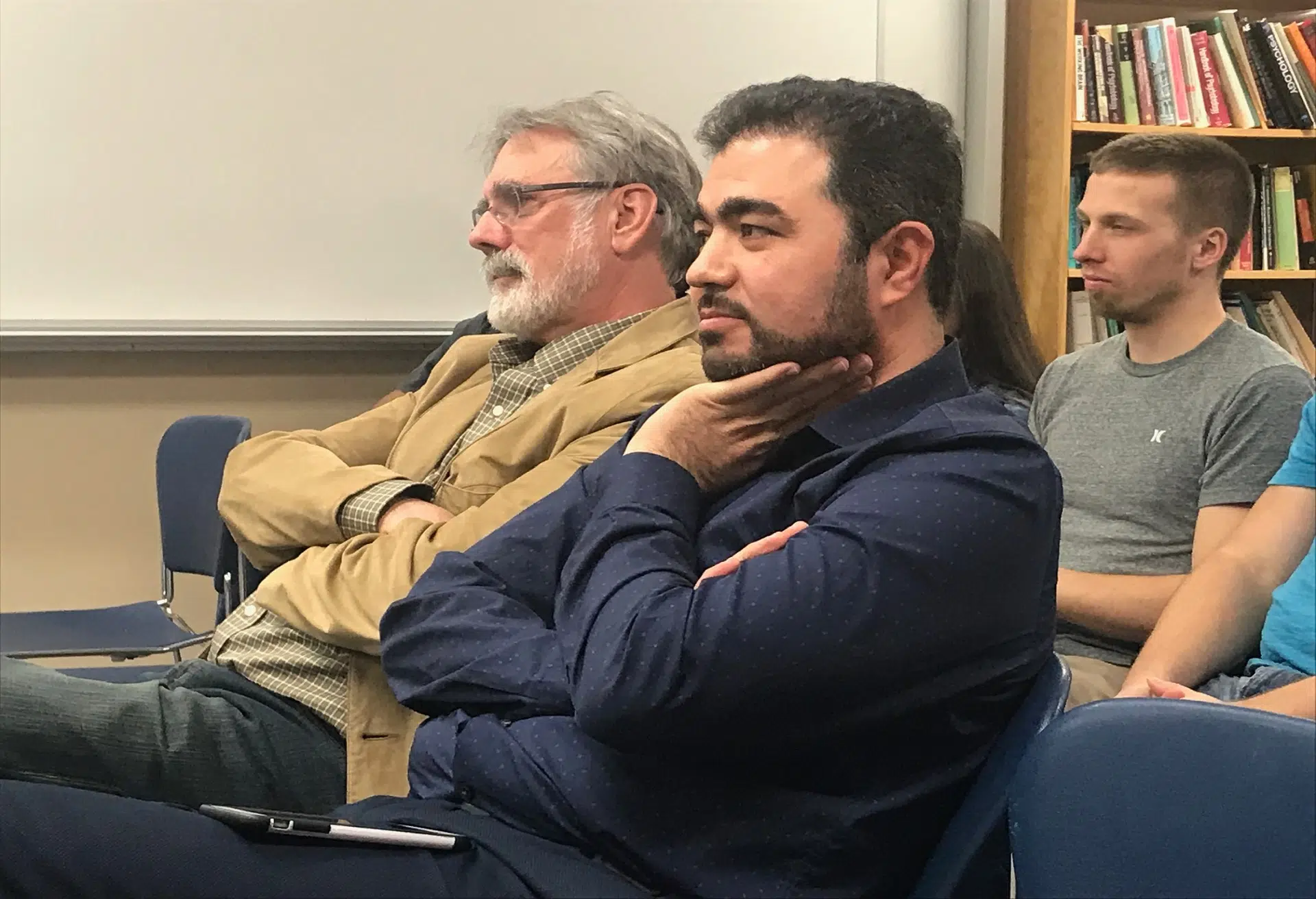
U of L neuroscientists awarded nearly $2 million for Alzheimer’s research
LETHBRIDGE – Nearly $2 million in funding grants from the Canadian Institutes for Health Research have been awarded to two neuroscience professors at the University of Lethbridge.
The projects focus on certain aspects of Alzheimer’s disease using mice that have been bred to display Alzheimer’s traits at a certain age. The studies will examine the complexity of brain activity in mice and how that’s changed by experience and tasks like spatial memory and object recognition, according to Professor Bruce McNaughton.
“We think that it’s that complexity of the patterns of activity which underlies this idea from behaviour which is called ‘cognitive reserve.’ So cognitive reserve is a lumped idea. It’s a composite that includes things like educational achievement, language skills, occupation, hobbies.
“Generally, more people that have had more sophisticated life experience are considered to have more cognitive reserve, and that’s correlated with less signs of dementia for the same amount of pathology in the case of Alzheimer’s, but also less signs of normal age- related memory impairment.”


